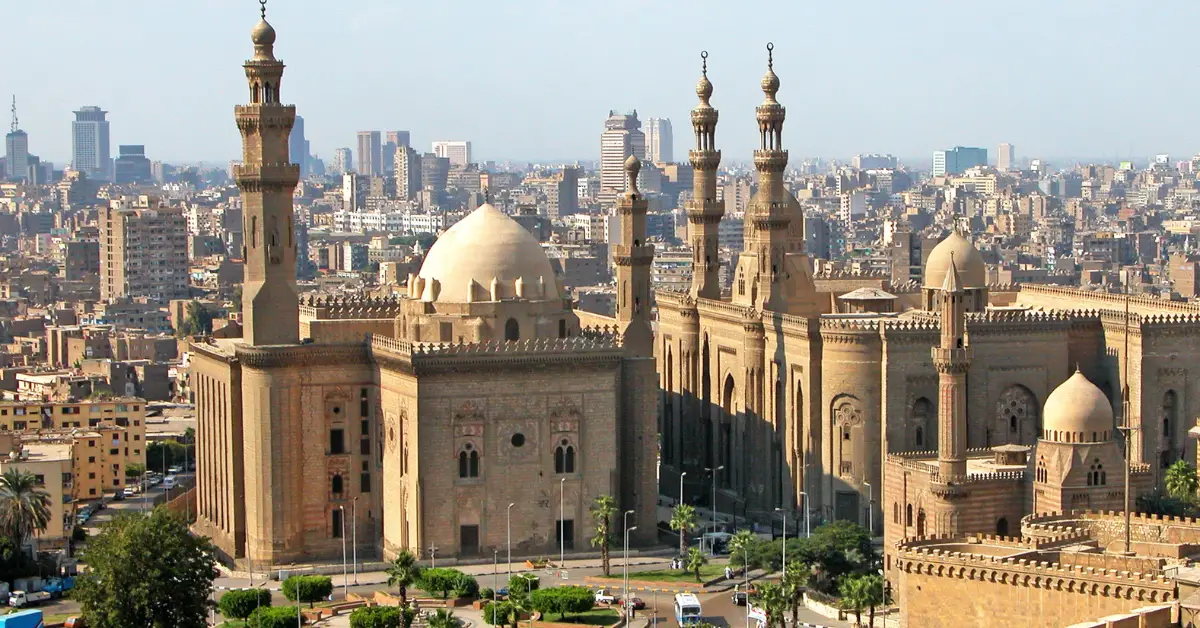Introduction
Egypt is renowned for its ancient pyramids, temples, and storied history; however, it also boasts a rich Islamic heritage that has left an indelible mark on the country’s cultural and spiritual landscape. With beautiful mosques scattered across the nation, Egypt serves as a treasure trove of Islamic architecture and history. In this article, we invite you to embark on a journey through Egypt’s historic mosques, exploring their fascinating histories, architectural splendors, and the timeless stories they tell about faith and devotion.
The History of Islam in Egypt
Islam arrived in Egypt in the 7th century, when Arab forces led by Amr ibn al-As conquered the region. This marked the beginning of a new era in Egypt’s history, with the establishment of Islamic rule and the gradual conversion of the local population to Islam. Over the centuries, Egypt has witnessed the rise and fall of various Islamic dynasties, each leaving its own unique imprint on the country’s religious and architectural landscape.
A Tour of Egypt’s Historic Mosques
Egypt is home to a wealth of historic mosques, each with its own unique history, architecture, and spiritual significance. Some of the most notable mosques include:
- Al-Azhar Mosque: Located in Cairo, Al-Azhar Mosque is one of the oldest and most prestigious mosques in Egypt. Founded in 970 AD by the Fatimid dynasty, the mosque has been a center of Islamic learning for over a millennium. With its beautiful courtyard, minarets, and intricate calligraphy, Al-Azhar Mosque is a must-visit site for anyone interested in Islamic history and architecture.
- Ibn Tulun Mosque: Also situated in Cairo, Ibn Tulun Mosque is one of the largest and oldest mosques in the city. Built in 879 AD by the Abbasid governor Ahmad ibn Tulun, the mosque is renowned for its unique architectural features, including a spiral minaret and a vast prayer hall supported by 160 papyrus-shaped columns.
- Al-Hakim Mosque: Nestled in the heart of Islamic Cairo, Al-Hakim Mosque was built during the Fatimid era in the 10th century. Named after Fatimid Caliph Al-Hakim bi-Amr Allah, the mosque features an impressive facade with large, pointed arches and a striking combination of red and white stones.
- Mosque of Muhammad Ali: Located within the Saladin Citadel in Cairo, the Mosque of Muhammad Ali is one of the most iconic landmarks in the city. Completed in 1848, the mosque was built in the Ottoman style and is characterized by its ornate domes, slender minarets, and an expansive courtyard offering stunning views of the city.
The Cultural and Spiritual Legacy of Egypt’s Historic Mosques
The historic mosques of Egypt offer a unique window into the country’s rich Islamic heritage, reflecting the faith and devotion of generations of believers. These mosques are not only places of worship but also centers of learning, art, and community, preserving Islamic traditions and spiritual practices. As we explore Egypt’s historic mosques, we gain a deeper appreciation for the diversity and vitality of the nation’s cultural and spiritual landscape.
Conclusion
Egypt’s historic mosques invite visitors to embark on a journey through the country’s rich Islamic heritage, revealing a fascinating tapestry of history, art, and spirituality that has withstood the test of time. As we explore these ancient mosques, we are reminded of the enduring power of faith and the human spirit to create beautiful and inspiring monuments to our shared spiritual legacy. Whether you are a historian, pilgrim, or a curious traveler, Egypt’s historic mosques offer a unique and unforgettable adventure into the heart of the nation’s spiritual heritage and the timeless stories that have shaped its identity.


